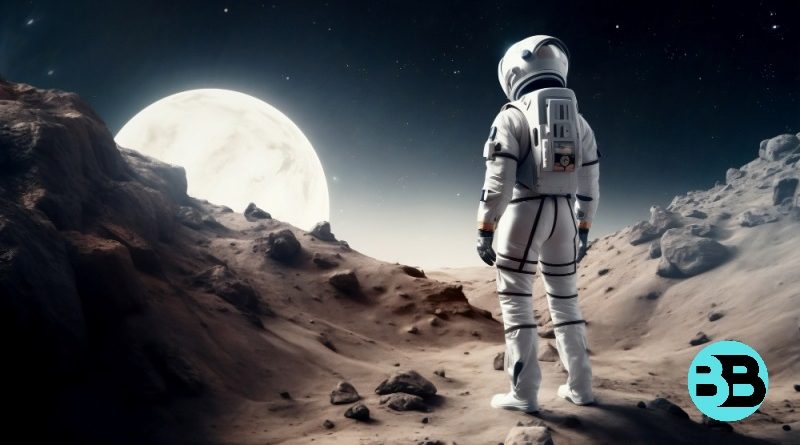The Journey to Mars: Navigating Feasibility and Challenges
As humanity’s fascination with space exploration continues to evolve, the prospect of colonizing Mars emerges as one of the most captivating endeavors of our time. In recent years, significant strides have been made in understanding the feasibility of establishing a sustainable human presence on the Red Planet. However, this ambitious goal is fraught with numerous challenges that must be addressed to ensure the success of such a mission.
The feasibility of Mars colonization hinges on several key factors, including technological advancements, logistical planning, and understanding the physiological and psychological impacts of long-duration space travel on astronauts. While breakthroughs in rocket propulsion, life support systems, and habitat construction have propelled the idea of Mars colonization from the realm of science fiction to near-reality, there are still formidable obstacles that must be overcome.
One of the primary challenges facing Mars colonization is the immense distance between Earth and Mars, which results in extended transit times and potential communication delays. Overcoming this hurdle requires the development of advanced propulsion systems capable of significantly reducing travel time, as well as establishing reliable communication infrastructure to maintain contact with astronauts during their journey.
Additionally, the harsh environmental conditions on Mars pose significant challenges to sustaining human life. With its thin atmosphere, extreme temperatures, and lack of liquid water on the surface, Mars presents formidable obstacles to habitability. Solutions such as terraforming, the process of altering a planet’s atmosphere and climate to make it more Earth-like, have been proposed but remain speculative and technologically demanding.
Furthermore, the health and well-being of astronauts undertaking long-duration space missions are of paramount concern. Prolonged exposure to microgravity can lead to muscle atrophy, bone density loss, and other physiological changes, while the isolation and confinement of space travel can have profound psychological effects on crew members. Addressing these challenges requires innovative approaches to spacecraft design, as well as comprehensive strategies for maintaining the mental and physical health of astronauts during their mission.
Despite these formidable challenges, the prospect of Mars colonization represents a bold leap forward in humanity’s quest to explore and inhabit other worlds. By harnessing the collective ingenuity and determination of the scientific community, we have the opportunity to turn this once-distant dream into a tangible reality. With continued research, innovation, and international collaboration, we can pave the way for a future where humanity extends its reach beyond Earth and establishes a sustainable presence on Mars.




